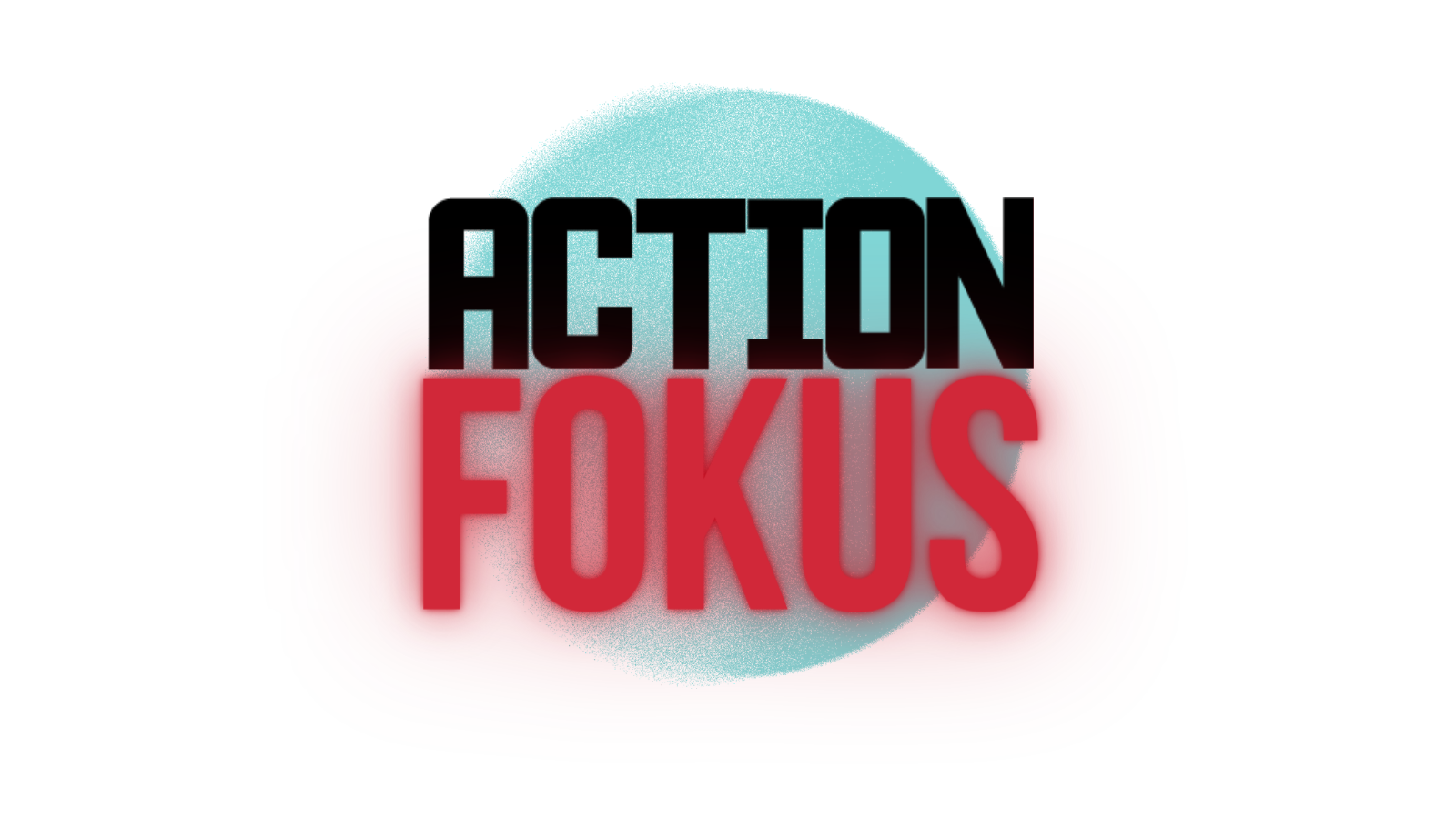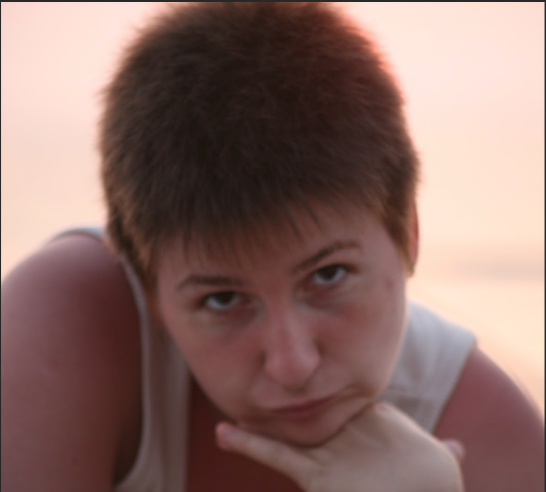
To further support Action Books’ growing community of writers and readers, we’ve decided to launch a new initiative on the Action Books Blog. Selected by our editorial staff, a recurring series called Action Fokus will highlight excerpts from 12+ radical manuscripts submitted by poets and translators during our 2022 Open Reading Period. Today we are featuring excerpts from Réka Nyitrai’s A harpsichord of feathers.
The eight poems are part of a manuscript of prose poems, modern haiku and free verse, tentatively titled ‘A harpsichord of feathers’, comprised of fantastical sets of worlds where the unearthly, the dreamlike, the impossible, the mundane and the familiar not only coexist – placed like nesting dolls one inside another – but also feel impossibly real and uniquely valid. The seven confessional free line poems are taken from a section of the collection titled “Where the dove tamer hangs his traps”; here too, surrealism is the keystone that locks the parts together. ‘After sleeping with god’ makes part of the “Postscript” of the manuscript and can be considered as Nyitrai’s poetic will and testament – a closure before rebirth.
Poem excluding spring
after Noah Falck
I wash your feet
until you become a cathedral.
At night I dream of daffodils
and recall that June is the luckiest month
to marry. I try to remember whose poem
it is that juxtaposes a winter strawberry
and a wedding dress.
I am beautiful, but lonely.
Many times, I wake up and find myself
at our wedding, dancing. The mother of the bride
is not my mother
Let me dream
Daffodils nap beneath my eyelids.
Year after year they emerge
spreading rumors of rebirth
and new beginnings.
Sleeping the sleep of one million years
I watch how
spring’s hands
repopulate the ponds
and lakes of the sky
with swans.
Don’t wake me up!
I want to be left to dream
of the day when
I too will be a swan.
Vertumnus
At weekends I like to spend time
window-shopping at the nearby peasant market.
I mostly go to admire the lusty beauty of
white cabbages, spring onions and eggplants.
I fill my lungs with the moist fragrance of people and earth.
I like to take a leisurely walk between the stalls, furtively touching a tomato or two
whilst eavesdropping on the sellers’ conversations.
Some are on the phone with their children or husbands
giving instructions about household chores;
others are complaining about their children and husbands
not helping them with the household chores,
while others still are vehemently commenting on the news.
Whenever I feel blue, I try to trade my head parts
for a bunch of fresh fruits or vegetables.
I am happiest when I swap my nose for a pear.
Invisible poem
This is an invisible poem
I say to my teacher and hand him
an empty page.
I want to anger him.
I want him to tell me
that I should give up writing
as I don’t have the patience
to master the craft.
Instead of being startled by my attitude
and shouting me down
he praises my approach
and says that my poem is truly beautiful
in the way that water lilies were
before Monet got to them.
Forever young
I am beautiful.
As beautiful as a winter fountain or a cloud.
I’m hopeless. Just like my mother’s attempt
to quench the devils’ thirst by serving them
red melon sprinkled with salt.
I don’t want to grow old. I want to play.
I want to eat melon and strawberry every day.
I am more beautiful than the peak of a mountain
seen from a crashing plane.
I am beautiful and vain.
I am a burning pilot fallen on your tablecloth.
Self-portrait as sparrows
I remember my face:
a cage with a sparrow in it.
I still see the sparrow’s brown throat and dun beak –
how it pecks and pecks
at the hand that brings grains of sugar.
During long winter nights,
when I feel the coldest and loneliest,
I knit snow gloves for that hand.
Around my grave sparrows chatter in the bushes
but only one speaks with my mother’s voice.
She mainly asks me to interpret her dreams.
Zooerotica
The first time I meet K I walk into his bedroom,
tie my blue horse to his bed pole and leave it to graze on the ghosts
of his former lovers. They are legion and all quite different.
The sudden neigh of my gorging horse makes me wet.
Before copulating, I ask him to read some poems.
He puts on his eyeglasses and he reads, what else,
if not a Bukowski poem! All day long, as wolves and foxes
eat my heart from his hands, I let him pet the creatures inside me.
After sleeping with god,
I give birth to a rainbow. At night, while I sleep, mother takes my baby and cuts off my hair. In the morning I find my locks hidden in a hole she has dug in the mirror, but I can’t find my baby. Over supper she begins to bargain. She wants to keep the baby and in return offers to help me to grow back my hair. Eventually, I make peace with her and hand over my baby. But I will not agree to give up my milk too — as of tomorrow I shall breastfeed my poems.

Réka Nyitrai is a Romanian-Hungarian poet who discovered her poetic voice at forty-one, mainly through Japanese short forms, but particularly haiku. Her debut haiku collection While Dreaming Your Dreams won the Touchstone Distinguished Books Award for 2020. Following this, she began to write both prose and lineated poems. She writes in English, her third language. Her impossibly true, disjunctive, irruptive poetic world is constructed by layering and mixing elements of truths extracted from her memories, her dreams, voices she attributes to different birds and her feelings of want, longing and loss.